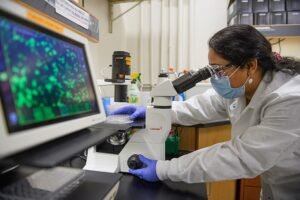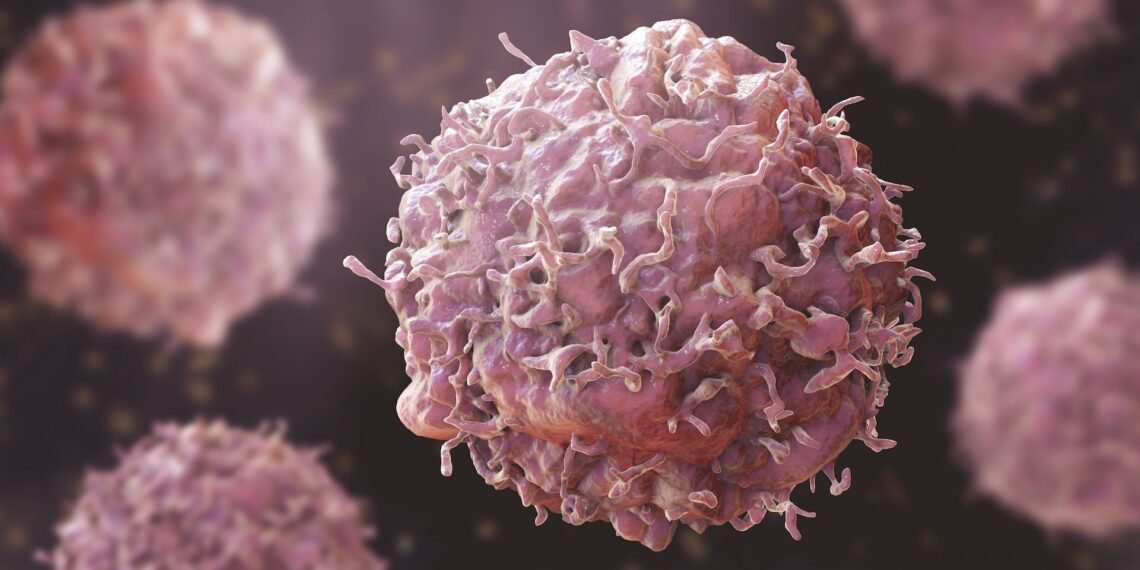The number of cancer cases is rising worldwide, with forecasts suggesting a notable rise in new cases and fatalities in the future decades. Factors such as an older population, lifestyle habits (including smoking, drinking, obesity, and poor diets), along with environmental influences are driving this trend.
Cancer affects individuals across all ethnicities, sexual orientations, and socioeconomic statuses. Despite advancements in cancer prevention and treatment methods over the years, the number of cancer diagnoses seems to be increasing.
The Indian Council of Medical Research (ICMR) has emphasized the alarming truth of this escalating health crisis in its recent research published in The Lancet, indicating the pressing need for action.
ALSO READ: It’s High Time We Talk About Mental Health Issues!
What Researches Indicate?
Researchers noted a consistent rise in cancer incidences during the last ten years, with forecasts suggesting an ongoing increase in the next two decades. Mortality rates are projected to rise from 64.7% to 109.6% from 2022 to 2050.
Around 20 million new cancer cases were documented worldwide in 2022, resulting in 9.7 million fatalities linked to the illness.
Although lung cancer is rising in both males and females, breast cancer has emerged as the most prevalent cancer in women.

According to a February 2025 report from the World Health Organization (WHO), one in 20 women is at a high risk for developing breast cancer, and one in 70 will ultimately die from it. Actually, if the present rates of diagnosis persist, by 2050 there will be 3.2 million new cases of breast cancer and 1.1 deaths related to breast cancer annually.
ALSO READ: Stunning Research reveals how Mini-Robots can cure Sinusitis!
Rising Cancer cases in younger people
Cancer is no longer solely a condition associated with aging. In recent years, oncologists in India and worldwide have observed a consistent and concerning increase in cancer diagnoses among people below the age of 40. What was previously deemed uncommon is now an increasing reality, and specialists are calling for prompt action.
“We are witnessing an undeniable increase in cancers among individuals under 40, and this pattern is quite alarming,” states Dr. Aditya Sarin, Associate Consultant, Oncology, at Sir Ganga Ram Hospital, Delhi.

What increases the risk of this problem is the slow detection. Symptoms in younger people are frequently ignored, regarded as trivial concerns, or incorrectly diagnosed. From constant tiredness and unexplained weight reduction to abnormal bleeding and digestive problems, early indicators frequently go unnoticed.
ALSO READ: Decoded: How Stress Can Cause Cognitive Impairment?
Major causes of Cancer
Although advanced analyses and increased lifespans contribute, lifestyle, environmental, and genetic factors are becoming more influential in cancer statistics.
- The risk of most cancers will rise as one gets older. With advancements in healthcare increasing life expectancy, a growing number of individuals are living long enough to develop age-related illnesses such as cancer.
- Exposure to carcinogens in the air, water, and food—including industrial chemicals, pesticides, and microplastics—has surged significantly and adds to increasing cancer rates.
- Ongoing stress, sleep issues, and lack of recovery can impair the immune system, raising vulnerability to cellular mutations and tumor growth.
- An increase in cancer diagnoses today is largely attributed to improved screening methods; consequently, early detection rates are increasing—even if the actual incidence of cancer is not consistently rising in proportion.
- Some individuals inherit a predisposition to cancer, but modern lifestyle factors might influence gene expression, increasing human susceptibility.
ALSO READ: Alarming! Experts reveal the Silent Dangers of Coronary Artery Disease
Fighting the Menace
To tackle this growing crisis, the Indian government has enacted numerous policies, strategic measures, and financial aid programs focused on prevention, early identification, treatment, and patient support.

To reduce treatment expenses, 36 essential medications for cancer, rare illnesses, and chronic conditions have been completely exempted from Basic Customs Duty (BCD). Furthermore, six essential medicines will incur a reduced customs duty of 5%, and medications under pharmaceutical company Patient Assistance Programs will be entirely exempt from BCD.
With the rise in cancer cases in India, increased funding for public awareness, lifestyle modifications, and technology-based treatment options is essential in combating this issue, alongside policy-level lifestyle adjustments to ensure healthier living.
In summary, increasing cancer cases reflect a combination of contemporary lifestyle challenges. Preventing through healthier living and early identification continues to be essential.














